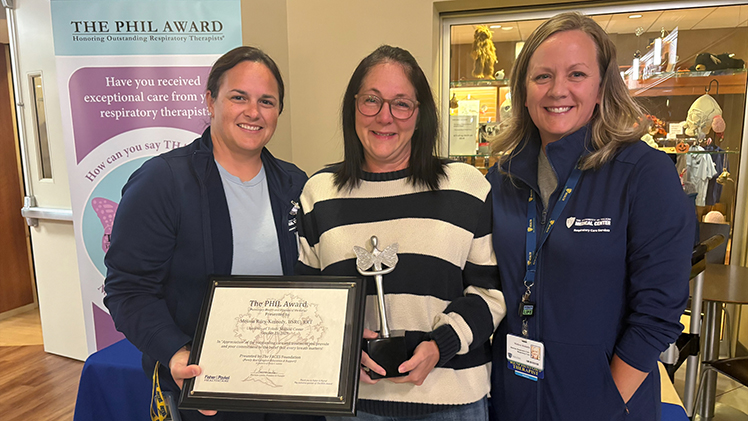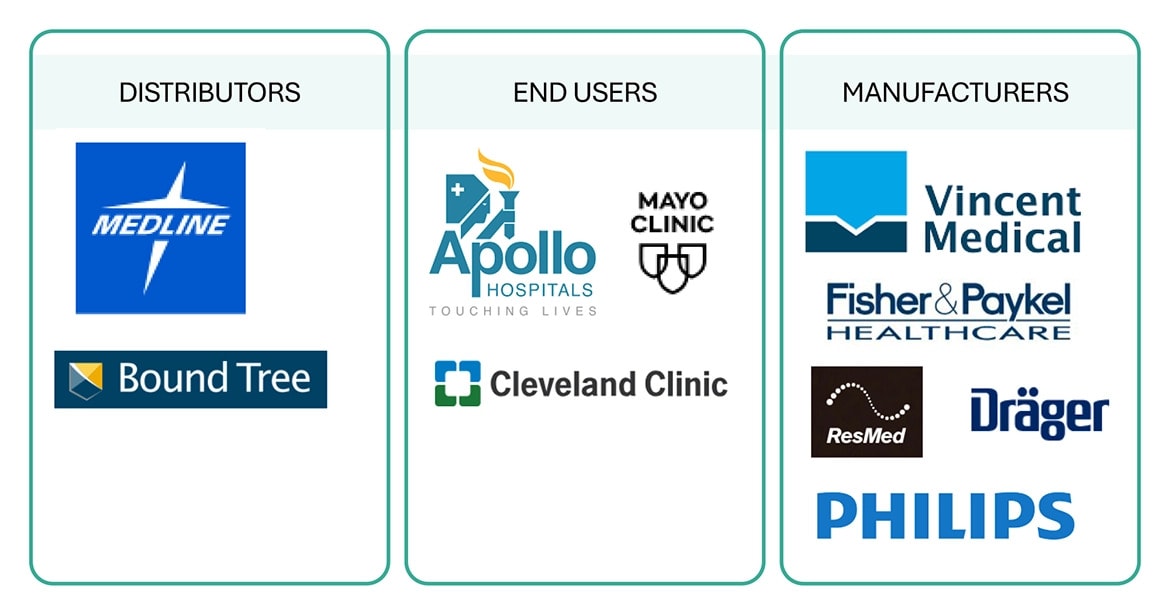Respiratory care runs in the family


Siblings don’t always get along…in fact there’s often fighting and bickering, vying for attention from their parents, there’s sometimes resentment at being the older one in charge and then there’s connecting the dots using the moles on your brother’s face because you were bored one summer.
Trevor Lee, clinical instructor for the Department of Respiratory Care, and his sister Brittany Kroes, who is a respiratory care practitioner and works at Saint Alphonsus in Nampa, have more in common now that they’re adults than they did as children being 10 years apart in age.
“I always wanted a sister to dress up and do girly things with, but Trevor is what I had to settle with. So I improvised by putting wigs on him. I would also “beautify” him with makeup, dresses and paint his nails. For some reason he always allowed it. I have some great photos to prove it. I also remember one summer I was bored and decided to connect the dots on his face using his moles. Mom didn’t appreciate that,” Kroes said.
Although Lee will neither confirm, nor deny being dressed up as a girl and having his nails painted, he did admit to not being the easiest brother to get along with.
“There were definitely times where I was the stereotypical little brother, constantly testing the limits of what I could get away with and how much I could push Brittany. But over the years we have grown closer, especially since we always have something like our profession to talk about,” Lee said.
Alumni sing praises for respiratory care
Both Kroes and Lee are alumni of the Boise State Bachelor of Science in Respiratory Care program here at Boise State. Kroes graduated in 2007, and Lee graduated in 2018. Lee went on to get his Master of Science in Respiratory Care and recently graduated in 2023.

“I knew I wanted to have a career in the medical field but definitely not nursing. I was contemplating radiology, but then my mother-in-law suggested respiratory therapy. I had never heard of a respiratory therapist and with her being one [a respiratory therapist] she was able to explain what that entailed. She suggested that I give it a try and I haven’t looked back since, “ Kroes said.
Over the last 17 years, Kroes has learned many different clinical skills, but in her opinion time management is the most crucial part of the job. For most hospitals there’s a limited number of therapists on a shift, which means they can be pulled in several directions at one time. Being able to triage the severity of each patient and caring for them well in a timely manner is a main component of a respiratory therapist’s job.
“It’s critical to be able to communicate with compassion and empathy, while also listening to patients and staff. If the care team can be on the same page with care plans it makes for a smoother process, and not to mention the patient gets excellent care,” said Kroes.
Lee had a similar experience when he started investigating what career path he wanted to choose – only he had his sister to help guide his decision.
“I was looking into nursing and radiologic sciences programs; however I had the fortune of having my sister introduce the concept of respiratory care to me as well as the opportunity to shadow and see what the bedside experience could look like,” Lee said. Once I was able to see the profession in action, it seemed/was a no brainer. I am so glad that I chose this profession over others as it has opened so many avenues for my professional and personal life.”
Team work makes the dream work
The pair may have had their differences in the past – but now they can agree on one thing – how much they value their profession, and the path that led them there.
“Before applying to the program, I did a lot of research into what a respiratory therapist was and even shadowed one at the hospital. I came to the conclusion that this was definitely something I would enjoy as a career. I loved the fact you had the option to choose from different machines and equipment, which can help sustain life. I also liked that there was an opportunity to spend time with patients and educate them on how to better their quality of life. Being able to work in all areas of the hospital, which included the Neonatal Intensive Care Unit, Emergency Room, Intensive Care Unit, Orthopedics and Obstetrics was a bonus. Finally, I love how building a rapport with doctors and nurses can create such a great team dynamic and being able to work together,” said Kroes.
Lee recalls a similar experience.

“I once had a colleague describe respiratory care as a hospital’s fire-fighter. We are some of the first called to respond to a crisis within the hospital, especially in times of cardio-pulmonary distress. We are able to work in multiple modalities within the hospital and aren’t often pigeon-holed into one specific area/patient population. We are able to work with every discipline and are relied on for our expertise that allows for great interdisciplinary teamwork,” said Lee.
While the clinical skills are undeniably valuable and applicable for respiratory therapists, their biggest influence can come from empathy and the ability to help those in need. Too often individuals take breathing with ease for granted. The ability for a respiratory therapist to empathize with their patients and apply their knowledge in order to help them breathe again allows them to add the greatest value to our patients.
Boise State is the best available
Both Lee and Kroes agree that their time at Boise State has shaped their professional and personal lives in ways they never thought possible.
Kroes, who is a respiratory care practitioner at Saint Alphonsus in Nampa, also provides guidance and training as a clinical preceptor to first and second year students who are in the on campus respiratory care program.
“The Boise State respiratory care program was an excellent program that was challenging but also created an atmosphere of having fun. The professors definitely love what they do and are passionate about the student’s success in the profession.”
“Over the years, respiratory therapy has been underappreciated and overlooked. Although, after going through COVID it has been brought to light and the public has been more aware of how valuable and needed we are in healthcare,” Kroes said.
After graduating in 2018 from the on campus program, Lee took a position at Duke University Hospital in Durham, NC, primarily working in their cardio-thoracic ICU. In 2021 he began doing some adjunct work for the on campus program, which led to a full-time position in 2022 working in the same department he graduated from.
“I may be biased, but I do not think there is a program out there like Boise State. The professors here are so invested in the success of the students, both in and out of the classroom. As for the profession, we truly are one that can have a large impact on patients in a vast array of ways. It has been a very rewarding profession and I would not change a single thing,” Lee said.
Boise State has three respiratory care programs: On Campus Bachelor of Science in Respiratory Care Program, Registered Respiratory Therapy-Bachelor of Science Degree Advancement Online Program and Master of Science in Respiratory Care.
link





